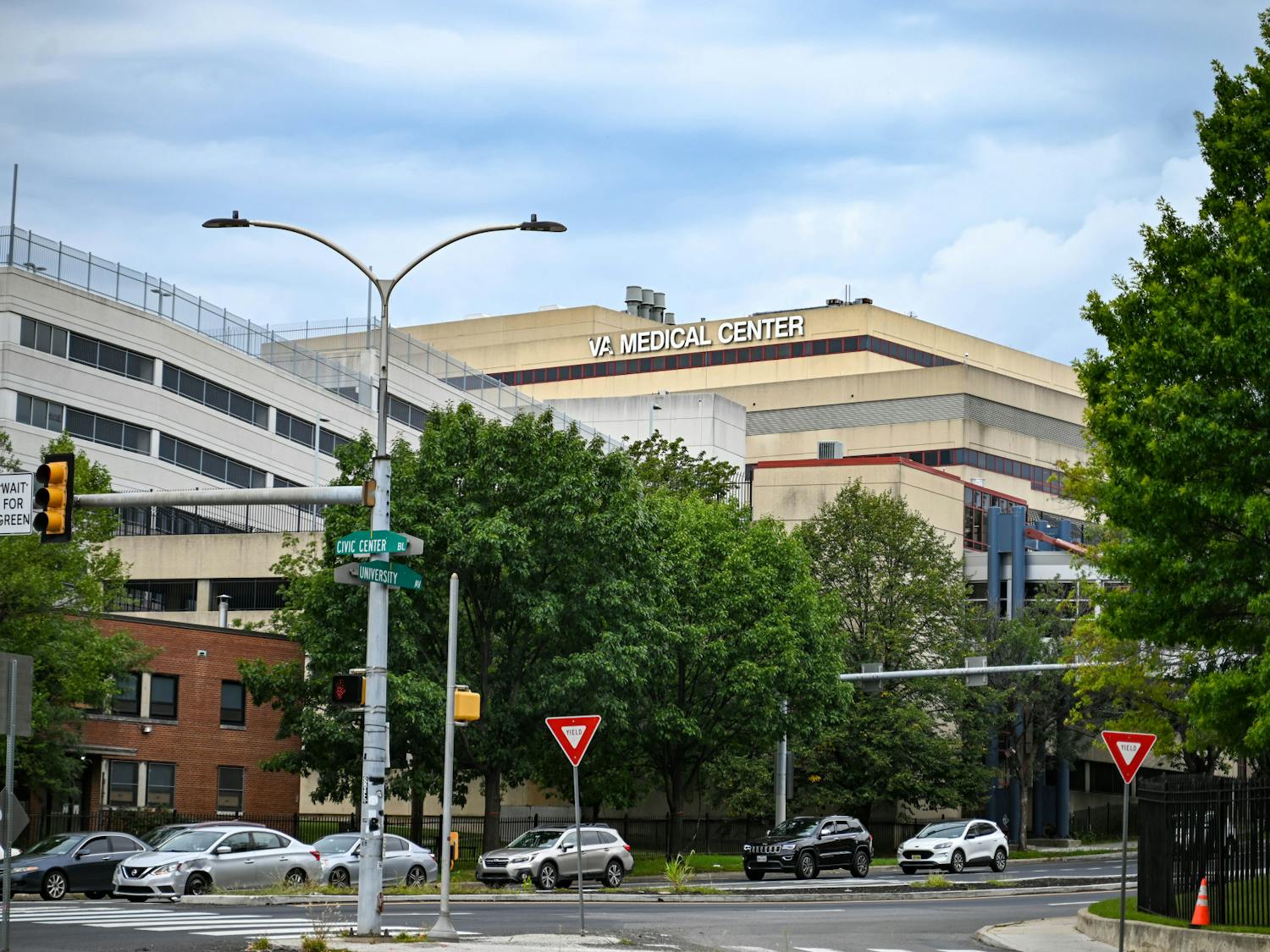Penn has laid out a series of recommendations for holiday travel, including leaving campus or the Philadelphia area sooner rather than later, in order to avoid peak holiday travel times.
On Monday morning, Chief Wellness Officer Benoit Dubé sent an email to all undergraduate students outlining the set of recommendations to mitigate COVID-19 transmission while traveling to and from Philadelphia in the coming weeks. The email included information on how to best prepare for travel and how to safely reunite with family.
Here's everything you need to know about the University's holiday travel recommendations.
Why does Penn recommend leaving Philadelphia sooner rather than later?
Penn recommends that students be proactive and return home as soon as they can to avoid peak holiday travel times.
In an interview with The Daily Pennsylvanian, Dubé emphasized that travel is the time in which exposure to the virus is most likely as students are less able to control their environments.
Dubé said that traveling earlier — when airports, train stations, and other hubs of transportation are likely to be less busy — is the safest option for students.
He also said that by sending the email on Monday, more than two weeks before Thanksgiving Break, which begins on Nov. 26, he hoped to remind students of the possibility to return home earlier.
RELATED:
Resisting student pressure, Penn stands by decision to scrap fall break
Students slam Penn’s decision to slash spring break, brace for future schedule changes
"This email is meant as a reminder to just be grounded in what is happening and remember not to forget [public health guidelines]," Dubé said.
He also emphasized that students do not need to return home for Thanksgiving and that housing will remain open to those living on campus. The Houston Hall COVID-19 testing center will be closed beginning Nov. 25 and will reopen on Nov. 30.
What should students do upon returning home?
Upon retuning home, Penn recommends that students use universal masking – wearing a mask at all times both indoors and outdoors – for 14 days. The University also urges students to sleep in a room alone and use a designated bathroom.
"This is the suggestion because you, the student, become the weakest link. After traveling, you carry a potential for infectiousness," Dubé said. "The 14 days are meant to help protect your family against you, after having traveled."
Dubé said while this is the recommendation, it may not apply to every student, depending on their living and traveling situations.
A student, for example, who lives by themselves in Philadelphia, is driving in their own car, has been following and is continuing to follow public health guidelines, and also receives a negative COVID-19 test prior to returning home may not need to follow this guideline, he said.
"We laid out this big picture recommendation so that students take a moment and think about what risks they, themselves, are carrying," Dubé said.
What should students do upon returning to campus, if they choose to return, following Thanksgiving Break?
Dubé said that for students who are able, Penn recommends returning home once and staying home, as to avoid back-and-forth travel that carries risk.
For students who do return to campus after celebrating the Thanksgiving holiday elsewhere, Penn recommends that students limit their social interactions to only household members for a period of 14 days.
"The 14 days are in place as an 'incubation period' after traveling. Dubé said. "There's no way around it, it's for the safety of you and those around you which is what these [holiday travel] guidelines are all about."









